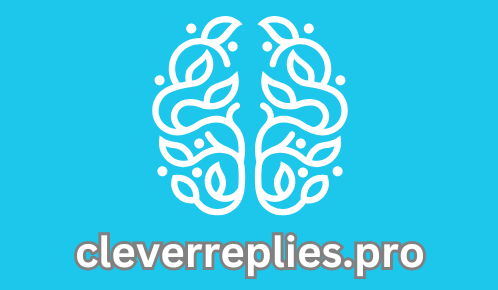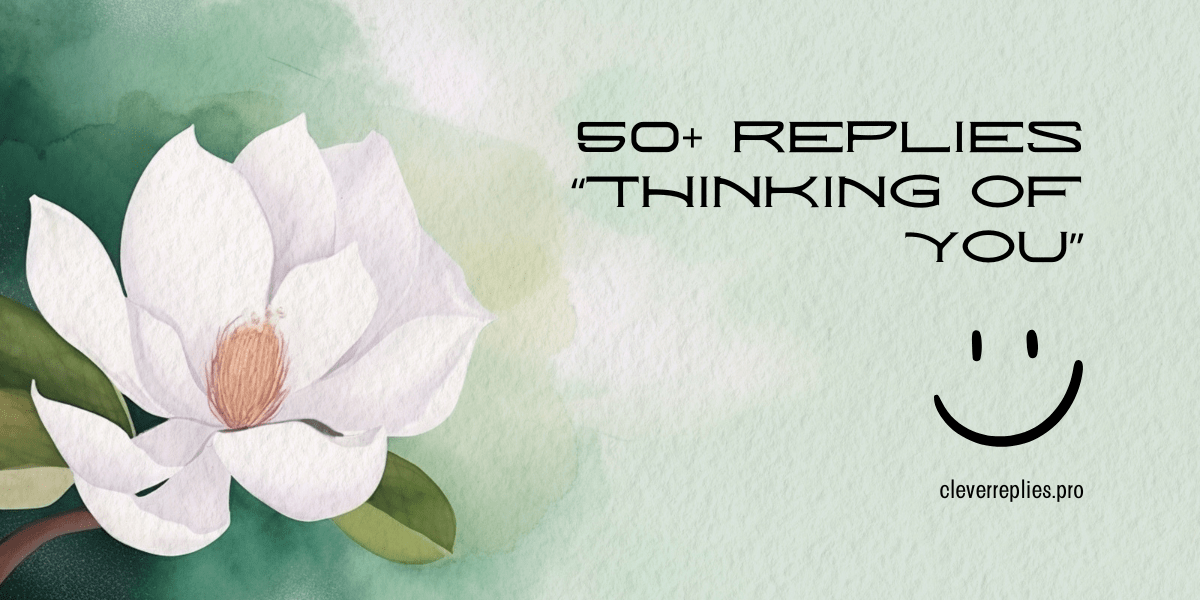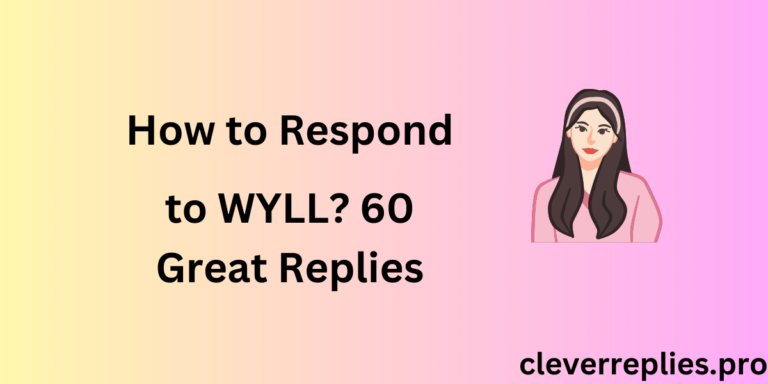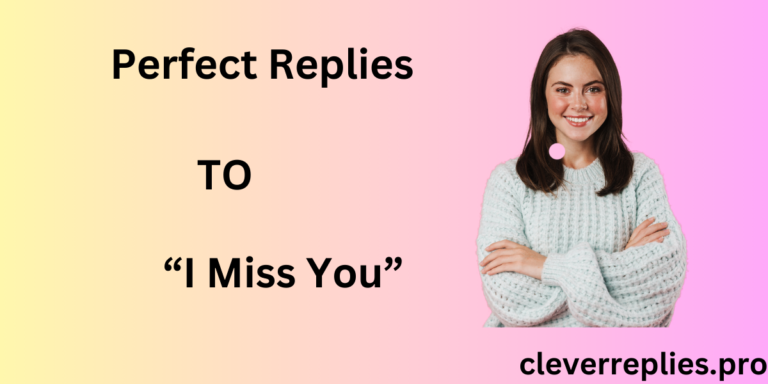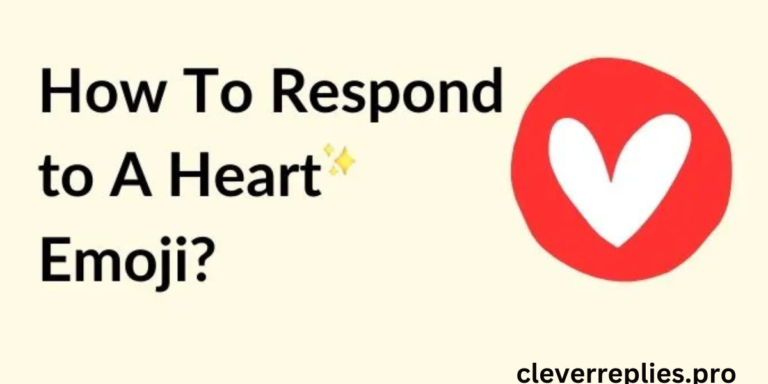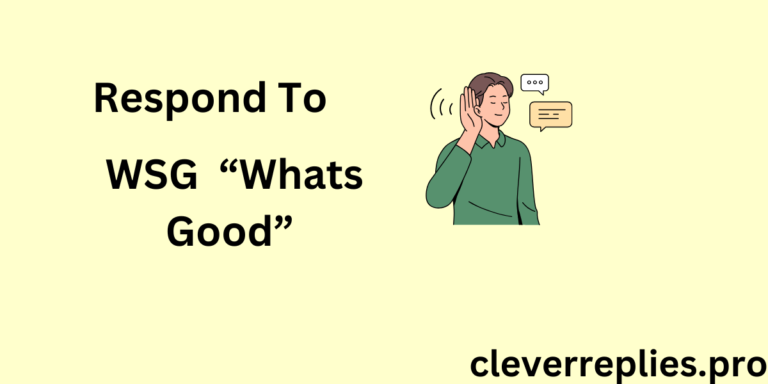How to Craft the Perfect Response?
introduction
How we communicate can have a huge impact in our fast-paced environment. Writing the ideal response is crucial, whether it’s a sincere message to a friend or a critical remark at work. What, though, is required to produce an impactful response? Understanding emotion, context, and intention is just as important as saying the correct thing.
Just picture getting a note that reads, “Thinking of you.” Those three words have the power to uplift people and cement relationships. However, the stakes are significantly higher in more complicated situations, such as conflict or mourning. One of the most important skills that can improve relationships and clear up misconceptions is knowing how to reply intelligently.
Let’s examine the significance of learning this art and delve into strategies that will improve your communication skills!
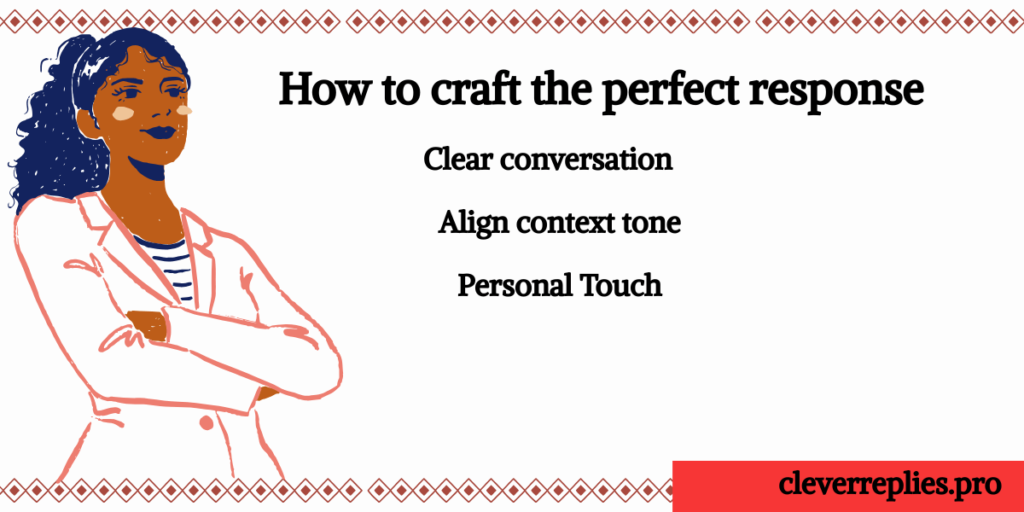
Begin with being thankful
Appreciation is the first step in any meaningful communication. To express your appreciation for their consideration, acknowledge the gesture.Appreciation is the first step in any meaningful communication. To express your appreciation for their consideration, acknowledge the gesture.
Align the Context and Tone
“Thinking of You” messages are not all the same. When choosing how to respond, take into account the sender and the message’s format (text, email, or in-person).
This guarantees that your answer is pertinent and appealing to the other individual.
Incorporate a Personal Touch
A great reaction is not just any response. Give a brief update about yourself, an inside joke, or a memory that binds you together.
Your response becomes more interesting and relevant when you add personal touches.
Return the favor (if it feels right)
Tell them you’ve been thinking of them as well, if it feels appropriate. This strengthens the bond and produces a fair trade.
Continue the Conversation
Ask an open-ended inquiry or express interest in their life if you want to keep talking. This strengthens the link and keeps the conversation lively.
50+ Impactful Replies to “Thinking of You”
When someone reaches out with a “thinking of you” message, seize the opportunity to respond with warmth and kindness.
Here’s a collection of responses tailored for various relationships and moods, helping you discover the ideal reply.
Grateful Reactions
Expressing appreciation involves conveying gratitude and acknowledging the consideration that underlies the message.
Explore these examples of appreciative responses you can utilize:That’s very kind of you! Thank you so much.
“I sincerely appreciate your consideration of me. It really does mean a lot!
“Your email brightened my day. Thank you so much for your generosity.
“The greatest gift I could ever hope for is to know that you are thinking of me.”
“Times like these serve as a constant reminder of how fortunate I am to have you in my life.”
Astute Reactions
A playful or clever reply is perfect when you’re looking to spice up the chat a little.
Check out these fun responses you can give:
“I guess it’s not a shock—people tend to think of me sooner or later!”
“I’m thinking about you as well, but it’s not exactly in the best light!”
“I think you might have me confused with someone else you’re not a fan of!”
“I suppose I won’t worry about what I might be doing wrong if you’re thinking of me!”
“Are you thinking about me?” Well, I suppose that means I’m pretty awesome then 😉.
“I was just thinking about you too… what’s happening in that busy mind of yours?”
Thoughtful Replies
When you give reflective responses, it shows that you’ve really considered what they’re saying, bringing in some depth or a personal touch.
Check out these examples of reflective responses:
“Funny, I was just thinking about you as well.” Isn’t it wild how that works out?
“I really appreciate your message; it couldn’t have come at a better time.” Thanks for getting in touch!
“It’s amazing how we’re both thinking alike today.” “I’m really happy you got in touch!”
“I was just reflecting on how much I value our connection.” Your message was just the reminder I needed!
“I really appreciate that at this moment.” that”I’ve been dealing with a lot lately, and your message really lifted my spirits.”
Encouraging Replies
If someone is reaching out and might be dealing with a tough time, or if you simply want to show that you care, responding in a supportive way can really convey that you understand and are there for them.
Check out these great supportive responses:
“I’ve been thinking about you as well.” “Thanks so much for that.” It really means a lot to feel like someone cares. Looking forward to catching up soon!
“Thanks so much for your message! It really reminds me that I’m not in this alone.”
“Your message really made me feel more centered today.” Thanks for being so considerate!
“I really appreciate your support—it means a lot to me.”
Checking in on responses
If you want to keep the chat alive, follow-ups are a great way to do that.
Check out these follow-up messages you might find handy:
“I really appreciate you thinking of me!” Hey, what’s been going on with you?
“I really appreciate that!” Hey, what’s new with you these days?
“Thanks a lot for that.” Is there anything fun going on with you?
“I really appreciate you reaching out!” Hey, what have you been up to lately?
“Thanks so much for your message!” Have you been up to anything fun recently?
Replies for Close Friends or Family
Your close friends and family really know you well, so it’s nice to respond in a warm, personal, and affectionate way.
Here’s a way to show them that you really appreciate their thoughtfulness while staying true to the close bond you have.
Here are a few examples:
You really have a knack for brightening my day! “I think about you all the time, just so you know.” Hey, I really hope we can hang out this weekend!
“I really appreciate your support; it means so much to me.” I’m really grateful to have you around.
“It feels like you just knew I needed this.” “You’re always on my mind, and it’s really great to know you’re thinking of me as well.”
“Lately, I’ve been feeling a bit lost, and your message really reminded me that I’m not alone.”
“It really means a lot to me that you’re thinking of me, especially at this moment.”
“I really appreciate you—having you in my life makes the hard days feel a bit lighter.”
“I really appreciate how you always know when to reach out to me.” You really are my rock.
“Your message made me realize how fortunate I am to have someone who cares as much as you do.
Romantic Partner Reactions
A romantic partner’s “Thinking of you” message is a private gesture, and how you respond to it might reveal how much you both love and care about each other.
Tell them you’re thinking about them too, whether it’s through a lighthearted text or something more profound.
“Aww, I just smiled because of you. You have also been on my mind ❤️.
“Darling, you will always be in my heart. I’m excited to see you shortly.
My heart just grew larger after reading your post. I am so excited to be in your arms once more.
“Your message brightened my day so much, and I’ve been thinking of you too.”
“I needed your message more than anything else today. I’ve been terribly missing you.
“I truly appreciate what you said. Knowing you think of me constantly is reassuring.
“Every word you send shows me how much you care. You are such a blessing to me.
“You have no idea how much I’ve been missing you. That void in my heart was filled by your letter.
“I feel like my heart warms up a bit every time I hear from you. Every day I miss you more.
“Your message just confirmed how much I need you in my life, even though I’ve been thinking about you all the time.”
“Your message simply made everything feel a little easier, and you’ve been on my mind constantly.”
Even when we are separated, I still feel a strong connection to you. I feel as though we are in the same place after reading your message.
Answers for Colleagues or Friends
You can still be real and courteous when responding to friends or coworkers, but it’s not always essential to get into a lengthy, personal reply.
Thoughtfully acknowledging their message demonstrates your appreciation for the relationship without going overboard.
For instance:
It’s so nice of you! I hope all is fine with you as well.
“Many thanks! I hope you have an amazing day.
“Thank you for that! I hope everything is going well for you.
“I appreciate you considering me! I hope everything is good on your end.
“I also can’t stop thinking about you. Soon, let’s organize something extraordinary.
“Your message made my day so much better. Knowing that someone cares is comforting.
“I literally just had you on my mind. You never fail to make my day better.
It is always pleasant to hear from you. I hope everything is going well for you as well.
“Your comment made me feel much better today. You are always a pleasure to hear from.
Knowing that you are there for me, even when I’m not working, is reassuring. Let’s get together soon.
Conclusion
“Thinking of you” is a straightforward way to show concern. You can demonstrate that you appreciate the relationship just as much as the sender does by responding to it when you receive it.
We’ve discussed various responses to “Thinking of You” above. Now that you have these examples in mind, you can create the ideal response.
Therefore, take what speaks to you, make it unique, and allow your response to strengthen the relationships that are most important.
